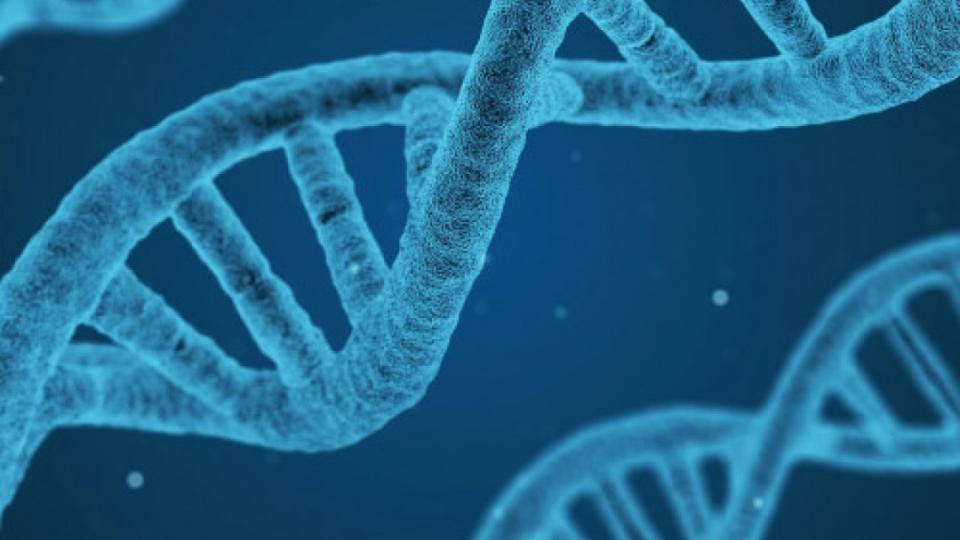As DNA testing and decoding become cheaper and faster, new services are popping up. For just a small fee, there are many companies that will test your DNA and come up with all kinds of information. You may learn about your ancestry, potential for various diseases, and other fun and useful facts. But can you trust these companies with your information? Dale investigates!
It seems like just a short time ago, the Human Genome Project completed the first ever sequencing of the entire human genome. In fact, the project was declared complete on April 13, 2003. Now, 15 years later, DNA sequencing has become quicker, cheaper, and much more widely available.
With the growing ease of DNA testing, many companies are now offering to sample your DNA and tell you all kinds of things you may not have known about yourself. Some companies focus on your ancestry. They can tell you the mix of ethnicities in your genes, giving you an idea of where you come from. Some even attempt to tell you if you have other relatives you may not know about. Other companies focus on medical information. For instance, your DNA may indicate a propensity for certain kinds of cancer.
Certainly, having this new source of information is both informative and useful. Who wouldn’t want to know about a genetic predisposition for a curable disease? Knowing what diseases you are more likely to get could even save your life.
But can you trust these companies?
The problem with DNA testing companies is that you just don’t know where all that information will go. All of these companies have privacy policies available to read. And if you read them, you may be surprised by what you find. The information gleaned from your DNA could be shared or licensed for all sorts of purposes. Some more benign uses include research and matching relatives. But there may be some ways these companies are using your DNA that make you a little uncomfortable.
Some companies state in their privacy statements that they can share your data with other companies for a variety of purposes. One of those is marketing. You may start to get offers for various products and services without ever knowing that you are getting them based on your DNA. If you thought it was weird to get ultra-customized ads based on your internet browsing and Facebook habits, just imagine what happens when marketers get a hold of your DNA.
Another fear that many people have is that their DNA information may be used to discriminate against them. Insurance companies base their prices and their whole business model on predicting the likelihood that you will become ill or injured. So what insurance company wouldn’t love to get their hands on your private DNA-based health data?
Currently, there are laws that prohibit the use of DNA to make health insurance decisions, but how much can you trust the law?
There are laws on the books about using personal data from a variety of sources, but many of those laws have a limited effect. For instance, we know that financial data is being hacked all the time. It seems like companies ranging from retailers like Target to financial services like Equifax are regularly announcing data breaches.
If your financial data isn’t safe, do you really think your DNA data is safe?
And it’s not just the businesses. Government agencies form the city of Atlanta to the Pentagon have recently been hacked. But hacking isn’t the only way for your data to get out. Privacy statements and terms and conditions are powerful documents. You may actually be giving DNA testing companies the legal right to share your data all over the place. And even though current laws prohibit many kinds of DNA-based discrimination, laws are constantly changing.
So are DNA tests a bad idea?
Like most things in life, DNA testing services are neither completely harmless nor completely bad. There are legitimate reasons to use these services. They are a great way to learn more about yourself. You can learn about where you came from and where you’re going. That can be useful information to have. But you just need to be aware of the risks.
In the end, the best you can do is to make an informed decision.
The science of human health, and DNA in particular, is growing and developing at an astonishing rate. It’s hard to know where the field is going and what new discoveries will be made. So if you’re the kind of person who is willing to take a few risks with your privacy, these tests may seem okay. But if you want to be safe, it may be a little premature to entrust a commercial entity with your most personal data.


